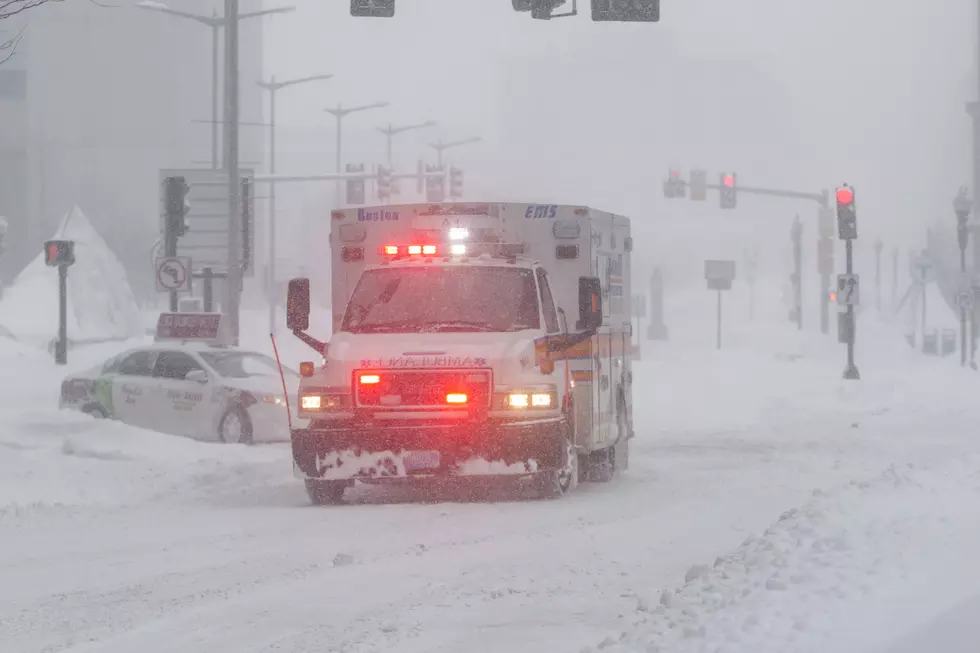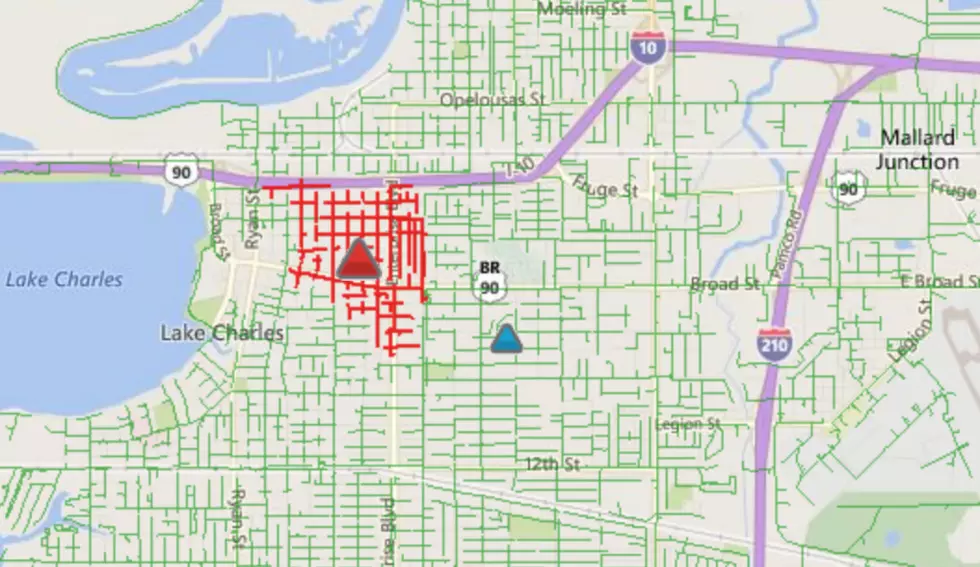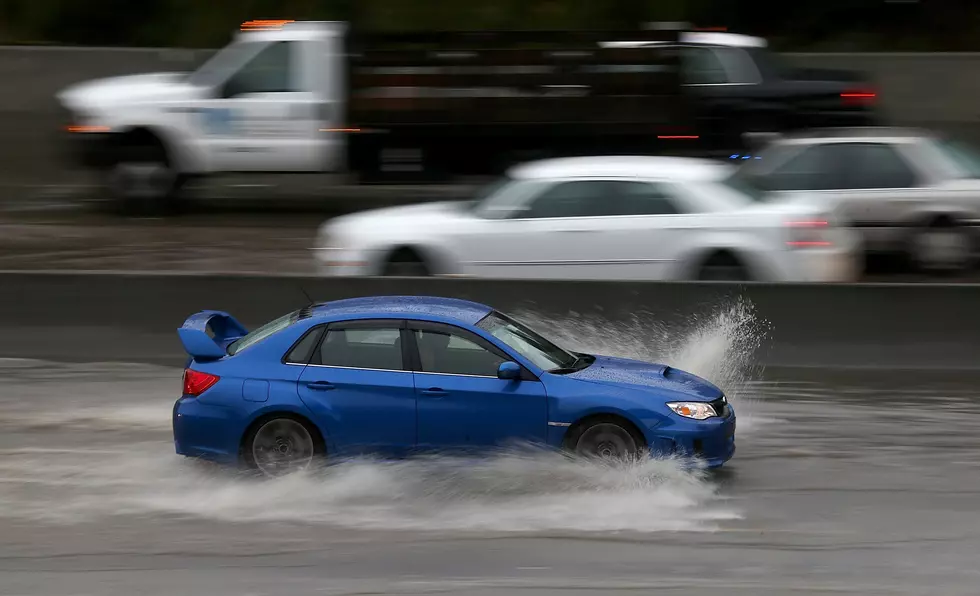
Hurricane Season Is Here : What You Need To Know
There's really not much we can do about it, hurricane season is once again upon us. I truly hope and pray that the seas will cooperate and leave us all free of disaster. However, now is the time to start taking all of the precautionary measures.
We've already had a couple of named storms and hurricane season doesn't officially start til June 1st. Tropical storm Beryl ripped through Georgia and Florida during the Memorial Day holiday, making for a soggy weekend for some. Ironically, Beryl is my little sisters name. LOL! Now, that's a storm! All jokes aside, with the storms starting early, hopefully that's no indication of a busy season.
As we all brace ourselves, here's a few things your gonna wanna know. For starters, The National Hurricane Center has adjusted the winds for tropical weather this year to be as follows.
- CAT 3 will be winds from 111-129mph
- CAT 4 will be 130-156mph
- CAT 5 will now be anything 157mph and greater.
Another change that will impact people like us living in the hurricane impact areas is the use of tape for windows. Now the recommendation is to use hurricane clamps or nails to put boards up in your windows instead.
However, the very best advice is this. If a large storm is coming that could probably be a CAT2 or higher.......EVACUATE. Board up your windows, lock down your home, take your animals with you if can (possibly board them at a vet in a safe place) and move yourself and family to higher ground. Houses can be rebuilt…families can’t.
For now, being prepared is THE key. Speaking of which, now is a good time to gather ALL your personal papers, such as bank accounts, life insurance policies, house mortgages and other documents. Put them in a get up and go case so when and if a storm comes, you can just pick up and go.
Another thing to have ready is a hurricane shelter kit. Some things you may want to include in this are bottled water ( a ample amount for each person in your household for a few days), canned foods, hygiene items, medication and clothes packed into a place in your house for easy access.
As the season gets closer, make sure to have yourself prepared so you don’t get left behind.
Source: redOrbit
Thanks to our friends at Northwestern State University, they had some great advice to offer as far as planning ahead. Here's what they suggest:
|
More From 107 JAMZ






![Find A Sandbag Location That’s Closest To You [PHOTO]](http://townsquare.media/site/160/files/2017/08/GettyImages-657796610.jpg?w=980&q=75)

![What Are Steps To Take In Preparation Of Tropical Storm? [PHOTO]](http://townsquare.media/site/160/files/2017/06/GettyImages-1607147.jpg?w=980&q=75)
